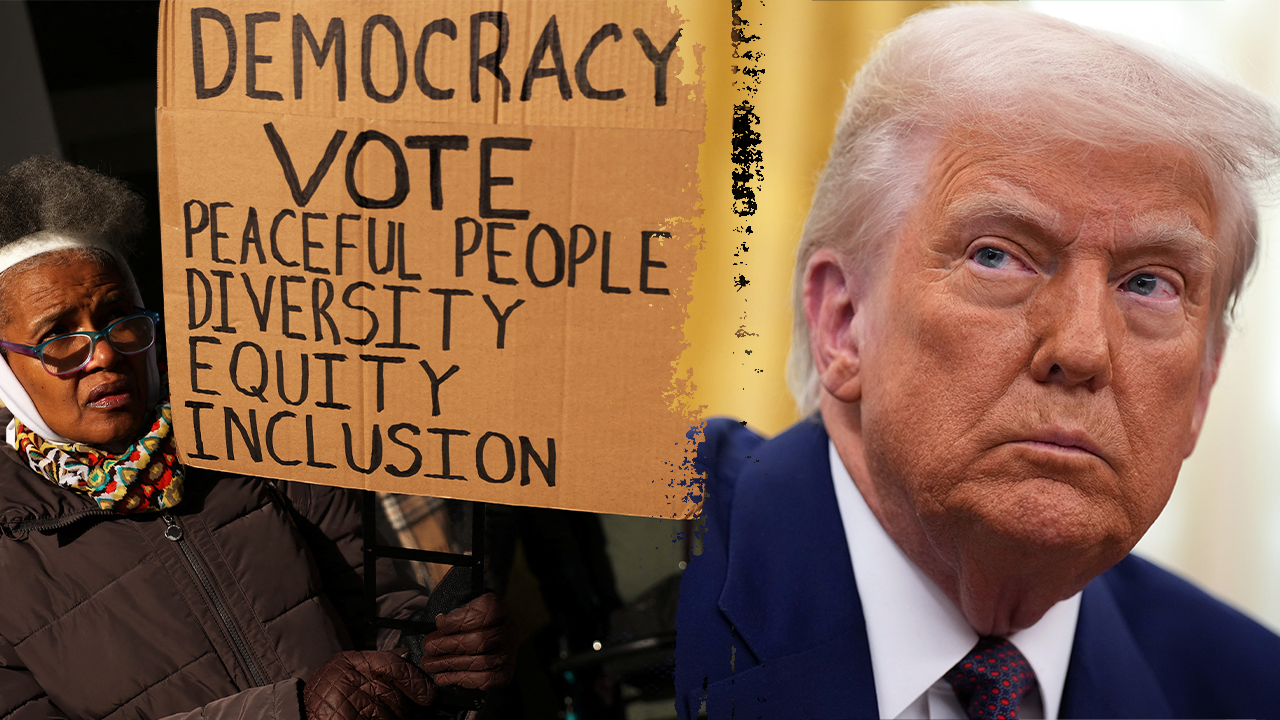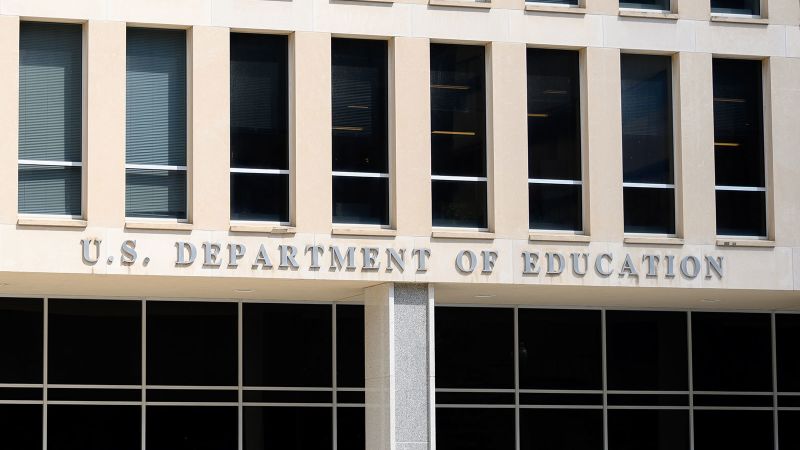Federal Judge Blocks Trump Administration's Anti-DEI Directives
A federal judge temporarily blocks directives threatening federal funding cuts for schools with DEI programs, citing First Amendment rights violations and vagueness of the guidance.
Subscribe to unlock this story
We really don't like cutting you off, but you've reached your monthly limit. At just $5/month, subscriptions are how we keep this project going. Start your free 7-day trial today!
Get StartedHave an account? Sign in
Overview
A federal judge in New Hampshire has issued a preliminary injunction against Trump administration directives that threatened funding cuts to public schools engaging in diversity, equity, and inclusion (DEI) practices. Judge Landya McCafferty ruled the directives likely violate First Amendment rights and provided unconstitutionally vague guidance. The ruling responds to lawsuits from education associations like the National Education Association, highlighting concerns about academic freedom. Additionally, another judge postponed enforcement of similar directives in Maryland, indicating broader challenges against the administration's anti-DEI stance. As debates around these policies continue, states face uncertainty about compliance and potential funding risks.
Report issue

Read both sides in 5 minutes each day
Analysis
Analysis unavailable for this viewpoint.
Articles (8)
Center (2)
FAQ
The federal judge, Landya McCafferty, stated that the directives likely violate First Amendment rights and are unconstitutionally vague, specifically noting that the letter did not define what a 'DEI program' is.
The lawsuit was brought by education associations including the National Education Association and the American Civil Liberties Union.
The directives threaten to cut federal funding to public schools that continue to implement diversity, equity, and inclusion programs, and suggest potential civil rights enforcement actions including litigation by the U.S. Justice Department and termination of federal grants and contracts.
State education leaders, such as Kate Dias of the Connecticut Education Association, praised the judge's ruling, criticizing the Trump administration's directives as intentionally vague and confusing. For example, Connecticut officials refused to comply by not submitting the required certifications of compliance with the directives.
Yes, in addition to the ruling in New Hampshire, another federal judge in Maryland postponed enforcement of similar directives, reflecting broader judicial challenges against the Trump administration's anti-DEI policies.
History
- 6M

 4 articles
4 articles






